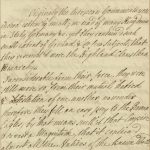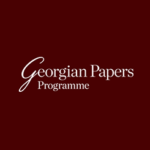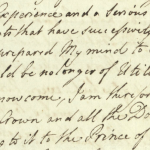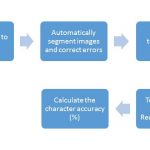Reflections on ‘Essay on Public Opinion’
Posted on: January 23rd, 2017 by geoIII 1 Comment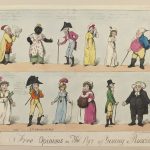
Dr Emrys Jones, Lecturer in Eighteenth-Century Literature and Culture, King’s College London Jump to Essay Transcription & Images It may be stating the obvious to point out that what was understood as constituting ‘public opinion’ in the eighteenth century bears little resemblance to the culture of opinion polls and click rates that often accompanies the… Read More »

